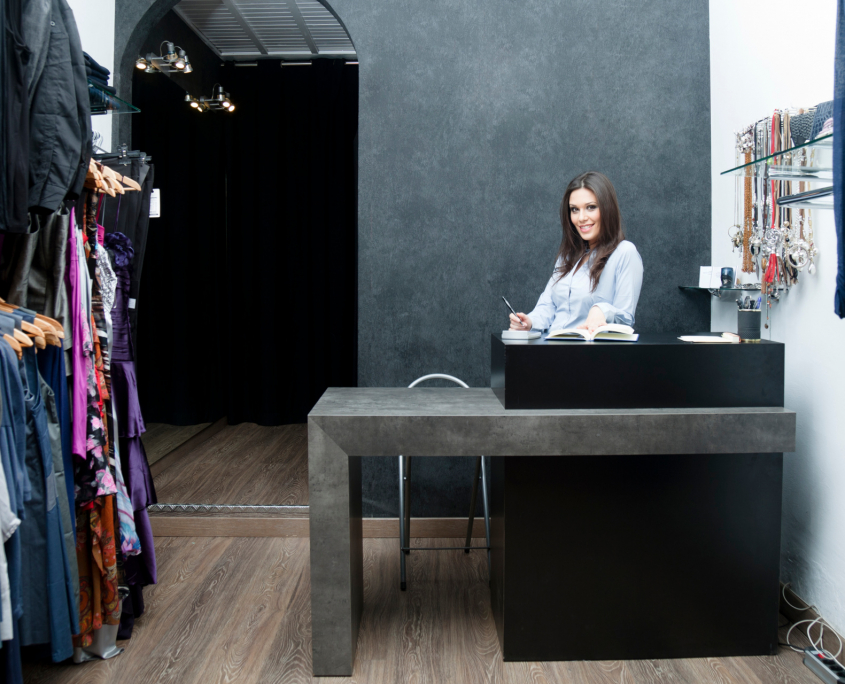Buying a retail store
By Willard Michlin
October 3, 2017
Buying a retail store has changed in recent times. Here are some factors about location to consider.
A Short History
Prior to World War I you would only be buying a retail store in the center of a town that was built 100 years ago. Everyone lived clustered in the cities and towns. The stores were on the main street of the town. Horse and buggies and walking were the main methods of transportation back then. Trolley cars and commuter trains existed in some places. The stores were specialty stores until department stores started cropping up. Today in only a few places like New York do many people take the train to go to work. The affordable Model T changed everything. People could live in the suburbs, 10-20 miles out of town. Now you would only consider buying a retail store in the suburbs.
After WWII
This created the shopping malls as owners began opening retail stores in them. People no longer drove to downtown to shop. Even the big department stores started putting satellite stores in the malls. Macy and Sears were two of the biggest stores in the malls.
Next the big box stores came in. Walmart, Costco, and Target to name a few. They took business away from the department stores and supermarkets. Small specialty clothing and other shops just could not compete with these big box stores.
Enter the 21st century
The Internet started to boom. Small specialty businesses started to have a 2nd source of income from Internet sales. The small brick & mortar business could now compete with the big box stores by selling on-line at a discount while still selling retail from the store front.
Then after 2010 a new trend started. Amazon started to sell everything the big box and specialty stores were selling on-line. Their prices were even at a bigger discount then the other on-line businesses. Amazon has already caused Penny’s to go broke and Macy to lose market share. Again, the small retail stores can’t compete, unless they change the way they operate.

Today
It looks like brick and mortar stores are doomed, but probably not. History has shown a swing from being specialized to carrying everything and again back to being specialized. To survive today, we are back to specialization.
You should think about buying a retail store where you can compete with both Amazon and big box stores. Let me give you some examples:
- Uniforms for hospitals and industry.
- Very high-end women’s designer clothing worn only a few times by the very rich.
- Used wedding dresses sold or rented.
- A sky diving shop.
- Specialty surf board shop.
- A skate board shop.
- A scuba shop.
- I generally advise against clothing stores of any kind, unless you are selling lingerie or plus sizes only.
- Ice Cream and Yogurt shops can be considered only if another one can’t open in the same mall or center. Ever been in a mall with 3 yogurt places?
If you must buy a retail brick and mortar shop, then location is everything. Go where there is foot traffic and you do not need to spend millions to drive traffic to your store. Indoor malls, outdoor malls, and by the water locations are good. Las Vegas hotels have so many people walking around that everywhere has traffic.
Conclusion:
So what kind of brick & mortar shops should be considered? Convenience stores and express car washes are doing well this year. The world changes. Be prepared for those changes.
Click here to find which business is the right business for you.
Willard Michlin is a CPA, CFE (Certified Fraud Examiner) and Business Broker. His assistance is offered anywhere in the USA, in the key areas involved in the buying of a business: Due Diligence and Business valuation. He is an experienced, honest and trustworthy consultant. He has published many articles and is in demand as a public speaker in and for the business community.
You can write to Willard at Willard@EvaluateABusiness.com and he will always answer your questions. He can also be contacted at his Seal Beach, California office by calling 805-428-2063




